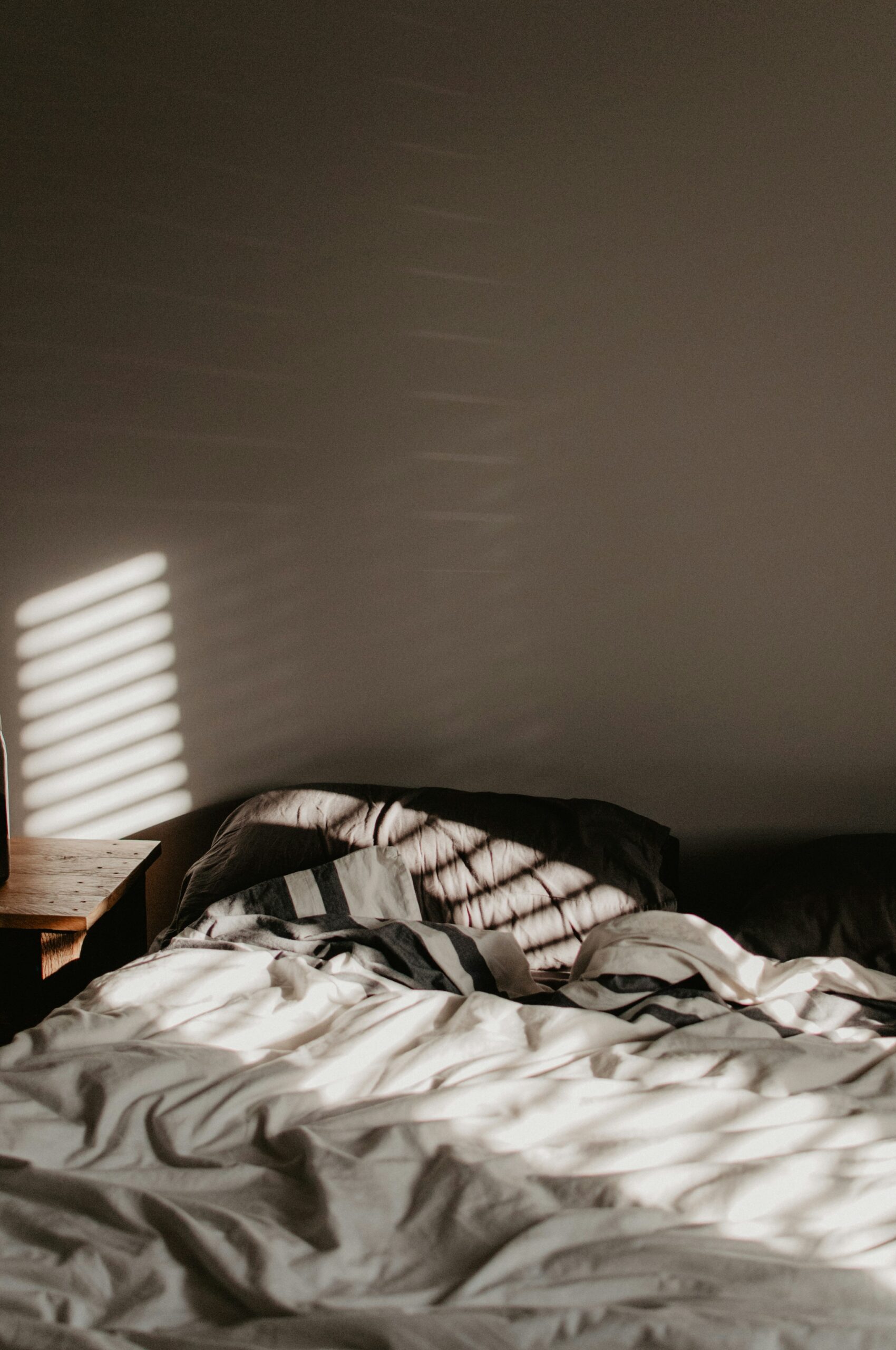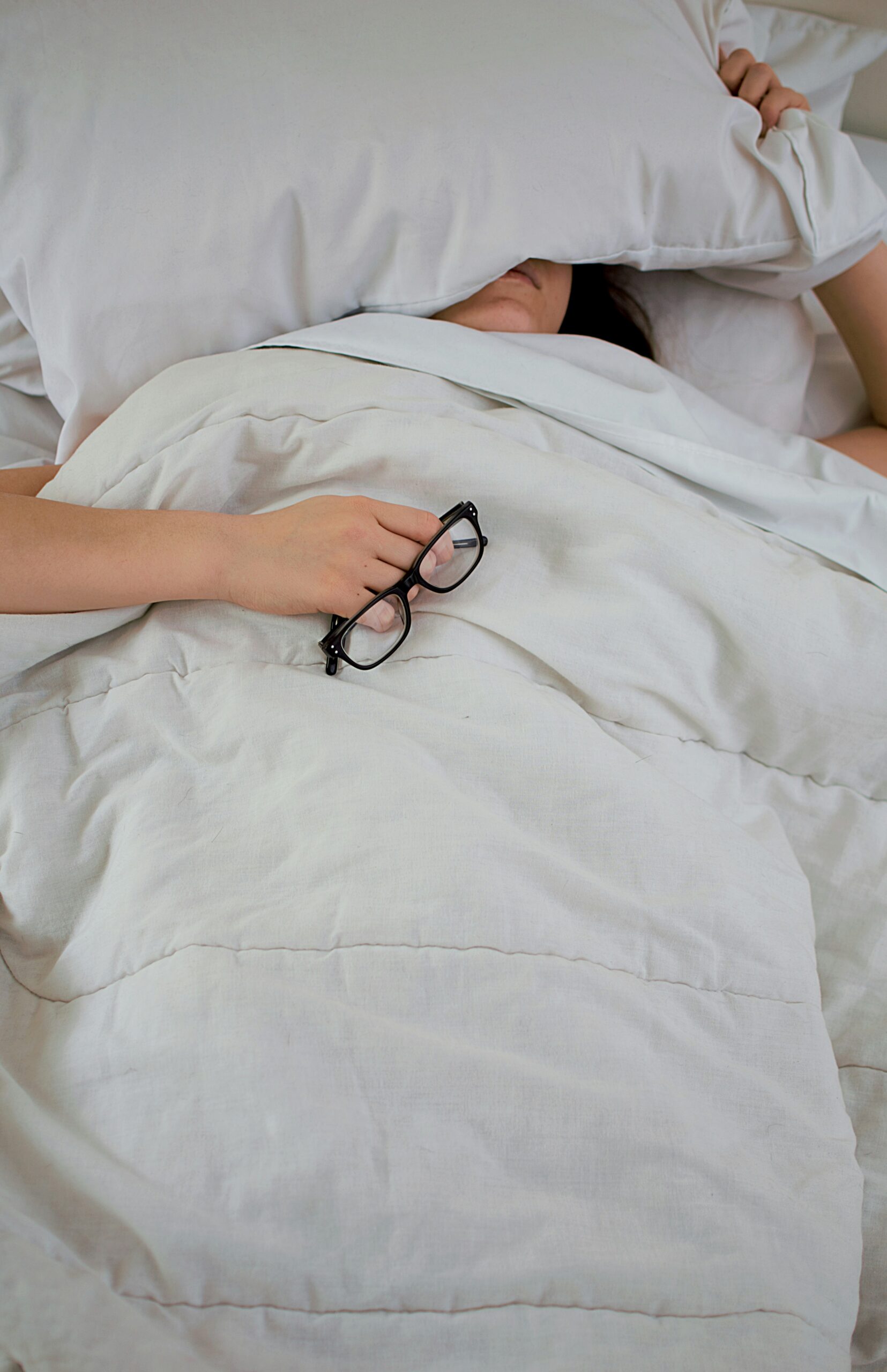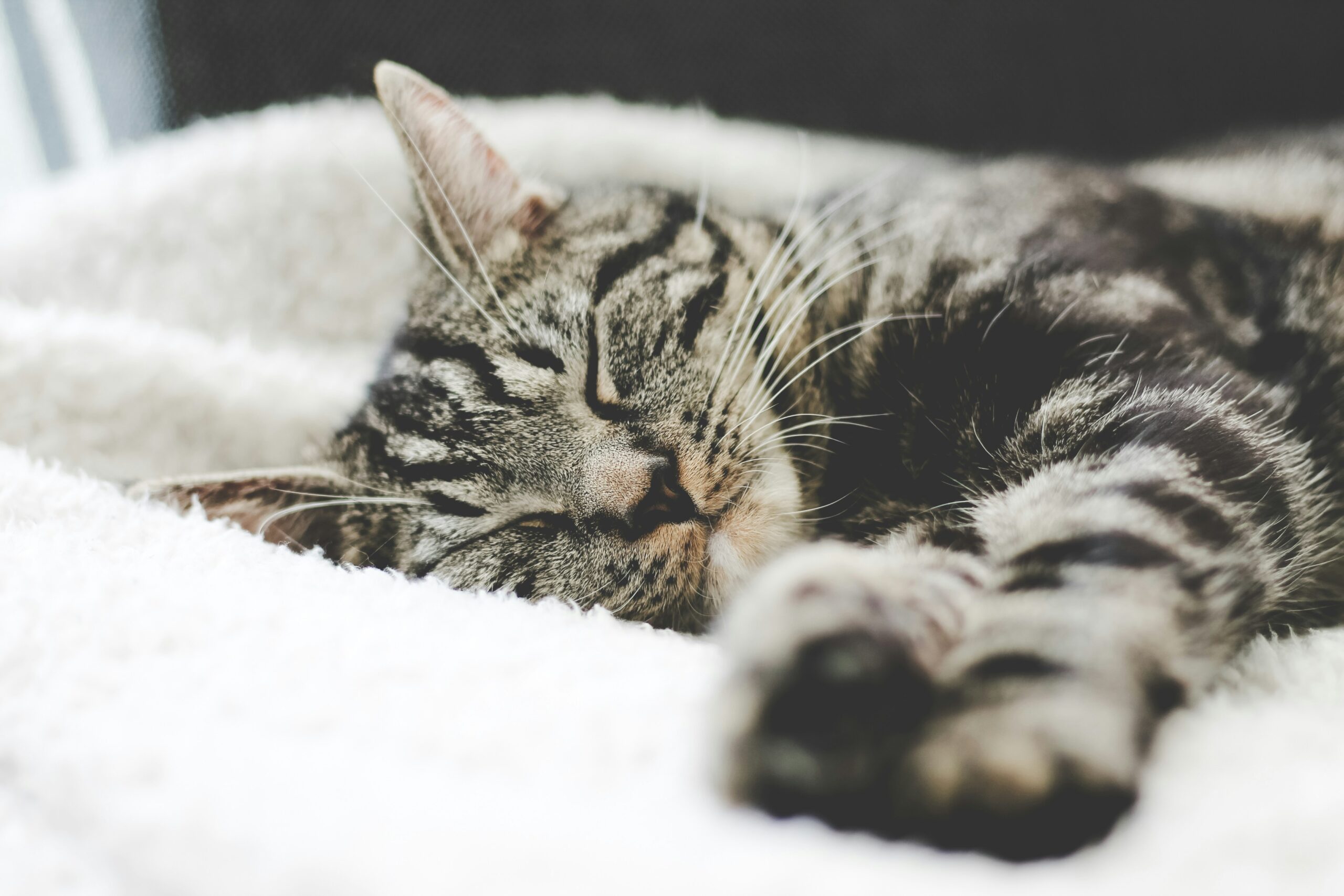Have you ever wondered if the keto diet has any effects on your sleep? You’re not alone. Many people shift to a ketogenic (keto) diet primarily for its potential weight loss benefits, improved mental clarity, and increased energy levels. But while these benefits sound appealing, there’s often a lot of curiosity around how this low-carb, high-fat diet influences sleep patterns. In this article, we’ll delve into the potential effects of the keto diet on your sleep, the science behind it, and actionable tips for ensuring you get a good night’s rest while following this diet plan.

Understanding the Keto Diet
Before we get into the nitty-gritty of how the keto diet affects sleep, let’s first understand what this diet entails. The ketogenic diet is essentially a low-carb, high-fat eating plan designed to put your body into a state of ketosis. In ketosis, your body burns fat for fuel instead of carbohydrates, leading to several metabolic changes.
The Principles of Ketosis
When carbohydrates are drastically reduced and fat is consumed in high quantities, your liver begins to produce ketones from fat. These ketones become the primary energy source for your body and brain. Achieving ketosis typically involves limiting carbohydrate intake to about 20-50 grams per day, while fat intake can be up to 75-90% of your total calories.
Common Benefits of the Keto Diet
It’s essential to understand why many people are drawn to the keto diet. Here are some of the commonly cited benefits:
| Benefit | Description |
|---|---|
| Weight Loss | Burns stored fat for energy, facilitating weight loss. |
| Improved Focus | Provides a steady energy source for the brain, improving mental clarity. |
| Increased Energy | Stabilizes blood sugar levels, leading to sustained energy throughout the day. |
| Satiety | High-fat foods can be more filling, reducing the urge to snack between meals. |
How Sleep Affects Your Health
Sleep is essential for overall health and well-being. Quality sleep helps repair muscles, consolidate memories, and regulate hormones. Lack of sleep can lead to an array of health issues, including impaired cognitive function, mood swings, and weakened immune function.
Phases of Sleep
Understanding the different phases of sleep can provide better insight into how diet influences rest:
-
NREM (Non-Rapid Eye Movement) Sleep:
- Stage 1: Light sleep, the transition period between wakefulness and sleep.
- Stage 2: Slightly deeper sleep; body temperature drops and heart rate begins to slow.
- Stage 3: Deep sleep, important for restorative processes.
-
REM (Rapid Eye Movement) Sleep:
- Active sleep stage where dreaming occurs.
- Essential for cognitive functions like memory and mood regulation.
The Connection Between Diet and Sleep
Your diet plays a crucial role in how well you sleep. Foods rich in carbs can lead to a spike in blood sugar levels, followed by a crash, potentially causing restlessness. On the other hand, a high-protein or high-fat diet (such as keto) may have differing effects.
The Role of Carbohydrates
Carbohydrates influence the production of serotonin, a neurotransmitter that helps regulate sleep. Low-carb diets can impact serotonin levels, influencing your ability to fall and stay asleep.
Hormonal Interaction
Hormones such as insulin and cortisol play significant roles in regulating sleep. Insulin helps your cells absorb sugar from your bloodstream, affecting your energy levels. A keto diet alters insulin levels, which may affect your sleep patterns.
Ketones and Brain Function
Ketones serve as an alternative fuel for the brain, potentially offering a more stable energy source compared to glucose. This steadiness might reduce sleep disruptions for some, though individual experiences can vary.

Positive Impacts of the Keto Diet on Sleep
Let’s look at some ways the keto diet can positively affect your sleep.
Stabilized Blood Sugar Levels
Low-carb diets like keto can stabilize your blood sugar levels, reducing the likelihood of nighttime awakenings caused by blood sugar fluctuations.
Reduced Inflammation
The anti-inflammatory benefits of a keto diet can contribute to better sleep. Reduced inflammation can lead to fewer aches and pains, making it easier to get comfortable and fall asleep.
Weight Loss Benefits
Carrying excess weight is often linked to sleep apnea and other sleep disturbances. As you lose weight on a keto diet, you may notice improvements in the quality of your sleep.
Negative Impacts of the Keto Diet on Sleep
While there are benefits, it’s equally important to consider potential drawbacks.
Adaptation Period
The initial phase of transitioning to a keto diet, often referred to as the “keto flu,” may include symptoms like fatigue, irritability, and disrupted sleep. These symptoms usually subside within a few weeks as your body adapts to ketosis.
Reduced Melatonin Production
Carbohydrate restriction can affect the production of melatonin, the hormone responsible for regulating sleep-wake cycles. Low melatonin levels can make it harder to fall asleep.
Increased Stress Hormones
Elevated levels of cortisol, a stress hormone, can be another side effect of the keto diet. High cortisol levels can interfere with sleep quality and make it more difficult to relax.

Tips for Improving Sleep While on the Keto Diet
If you’re planning to follow a keto diet but are concerned about how it might affect your sleep, here are some strategies you can adopt to ensure you get good rest.
Balanced Nutrient Intake
Ensure you’re not missing out on essential vitamins and minerals. Magnesium, for example, is important for muscle relaxation and sleep. Consider including magnesium-rich foods like spinach, avocado, and nuts in your diet.
Monitor Caffeine and Alcohol
Both caffeine and alcohol can interfere with your sleep. Try to limit your consumption, especially in the hours leading up to bedtime.
Hydration
Dehydration can cause muscle cramps, making it difficult to sleep. Ensuring you drink enough water throughout the day can mitigate this issue.
Exercise
Physical activity is a natural sleep aid, but timing matters. Try to complete your workouts at least a few hours before bedtime to avoid restlessness at night.
Consistent Sleep Schedule
Going to bed and waking up at the same time every day can help regulate your internal clock, making it easier to fall asleep and wake up naturally.
Stress Management
High stress levels can affect your sleep quality. Incorporate relaxation techniques such as meditation, deep-breathing exercises, or gentle yoga to wind down before bed.
Common Questions About Keto and Sleep
Here are some frequently asked questions to help you better understand the relationship between the keto diet and sleep.
Can the Keto Diet Cause Insomnia?
Some people might experience insomnia initially due to changes in their metabolism and sleep-regulating hormones. This is usually temporary as your body adjusts to the diet.
Is It Okay to Use Sleep Aids While on a Keto Diet?
Always consult your healthcare provider before using sleep aids. While over-the-counter options might offer temporary relief, addressing the root cause of sleep disturbances is more effective long-term.
How Long Will Sleep Issues Last When Starting Keto?
Sleep disturbances are often temporary and can last from a few days to a few weeks. Persistent issues should be discussed with a healthcare provider.
Can Exogenous Ketones Help With Sleep?
While some users report improved focus and energy during the day with exogenous ketones, their effect on sleep varies among individuals. More research is needed to provide definitive answers.
Conclusion
Understanding the complex relationship between the keto diet and sleep can help you make informed choices tailored to your well-being. While some aspects of the diet can contribute to better sleep by stabilizing blood sugar levels and reducing inflammation, other factors like reduced melatonin and increased cortisol levels may disrupt your rest.
By paying attention to your body’s signals, managing nutrient intake, and adopting healthy lifestyle habits, you can enjoy the benefits of a keto diet without sacrificing your sleep. If you find persistent sleep issues despite trying various strategies, consulting a healthcare provider is always a wise step.
So, does the keto diet have any effects on sleep? Absolutely, and being well-informed helps you navigate these changes more effectively, ensuring you achieve your health goals while getting the rest you need.

